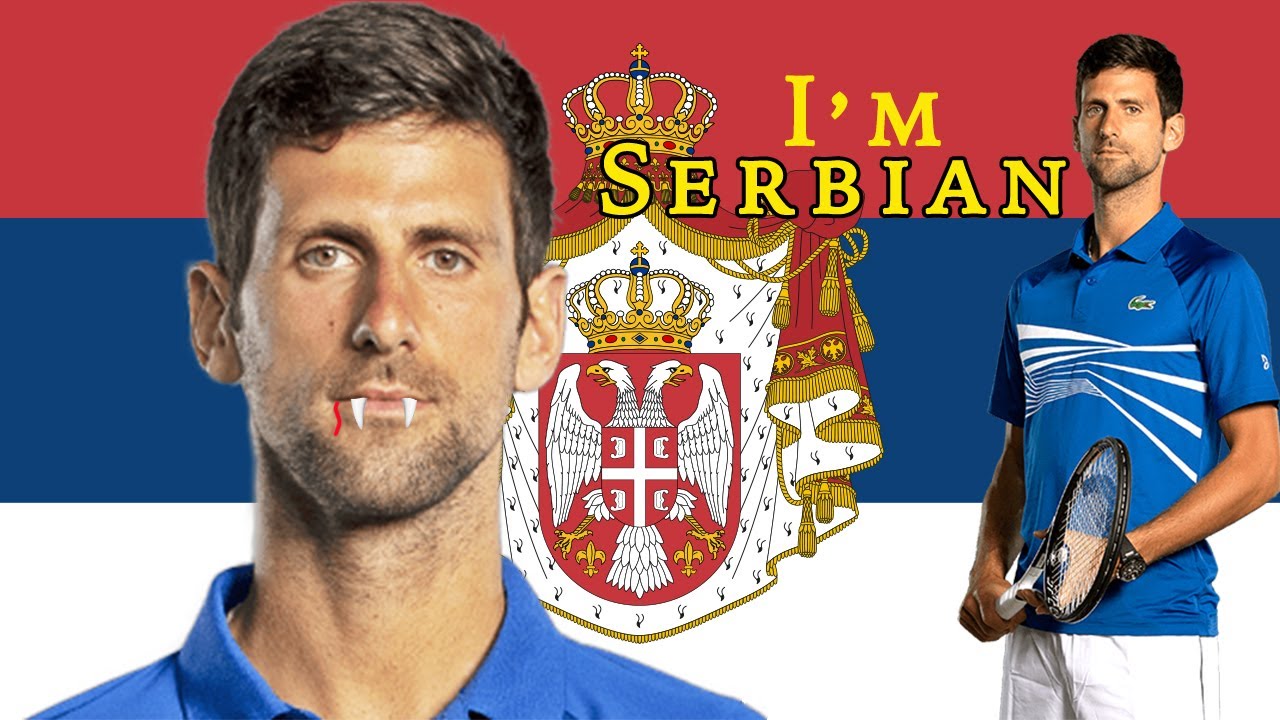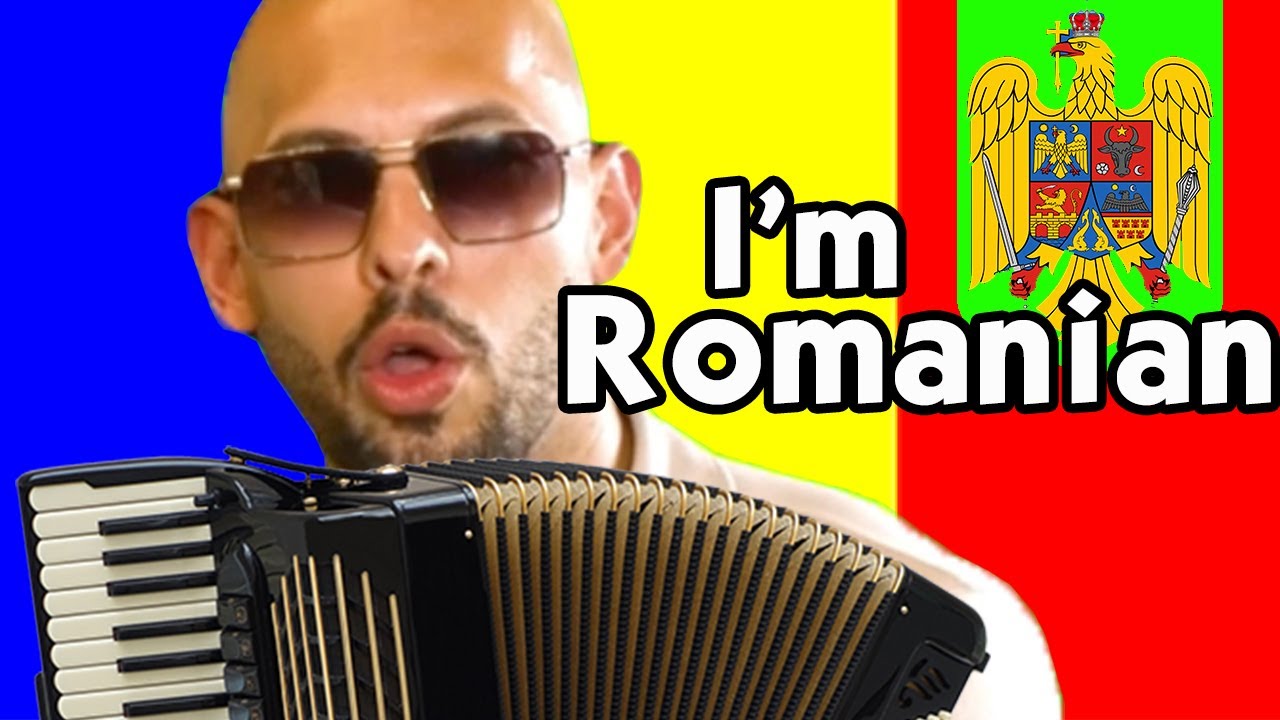There are a lot of good stories to tell from the Balkans.
And the best past is 95% of AoE2’s audience doesn’t know about these.
I made a DLC suggestion about such stories here:
The Vlachs/Romanians of course don’t need a new campaign only a Dracula rework, but that’s a good thing because it leaves the spot open for 1 more civ.
- The Serbs have clearly Stefan Dušan. His reign marked the peak of Serbian power in the Middle Ages, during which the Serbian Empire reached its territorial zenith and its influence spread across much of the Balkan Peninsula. His legacy is defined by his military achievements, his legislative reforms, and his efforts to elevate Serbia to an imperial power.
Born in 1308, Dušan was the son of King Uroš II of Serbia and a Byzantine princess. His early life was shaped by both his royal lineage and the political instability that characterized his father’s reign. Uroš II was not a strong ruler, and under his leadership, Serbia faced challenges from both internal factions and external powers, including the Byzantine Empire. Dušan’s early years were marked by his involvement in several military campaigns, which set the stage for his future ambitions. At the age of 23, he led a successful rebellion against his father, seizing the throne in 1331 after Uroš II’s abdication. This event marked the beginning of Dušan’s ascent to power, which would dramatically transform Serbia’s position in the region.
As king, Dušan initially focused on stabilizing his kingdom and expanding its borders. He engaged in a series of military campaigns to assert Serbian dominance over neighboring regions, including parts of modern-day Macedonia, Greece, and Albania. His military successes were significant, as he was able to successfully challenge both the Byzantine Empire and the Bulgarian Tsardom, two major powers in the Balkans at the time. Dušan’s most notable victory came in 1344 when he defeated the Byzantine Empire at the Battle of Fere (modern-day Varna), which resulted in his territorial gains in Thessalonica and parts of the Greek peninsula. This victory, coupled with his subsequent expansion into Epirus, Albania, and Macedonia, allowed Dušan to lay the foundations of the Serbian Empire.
One of the most pivotal moments of Dušan’s reign came in 1346, when he proclaimed himself Emperor of the Serbs and Greeks. This self-coronation in Skopje marked his ambition to establish a Serbian Empire that would rival the Byzantine Empire, and his crowning was a direct challenge to Byzantine sovereignty. Dušan sought to not only expand his territorial holdings but also to claim imperial legitimacy, viewing himself as a defender of Orthodox Christianity and a legitimate heir to the Byzantine imperial tradition.
Dušan’s reign was also characterized by a number of significant administrative and legal reforms. One of his most enduring legacies was the Dušan’s Code (or Law Code), introduced in 1349 and revised in 1354. The code was an important legal document that sought to standardize laws across the empire, bringing much-needed order and organization to the diverse territories under his control. Dušan’s Code was influenced by Byzantine law but also contained elements unique to Serbian customs and governance. The code addressed a range of issues, including feudal relationships, inheritance, and the role of the Church in governance. It is considered one of the most important medieval legal texts in the Balkans and a significant contribution to Serbian and Slavic legal traditions.
Dušan’s relationship with his son, Stefan Uroš V, is a complex one. Although Dušan intended for his son to succeed him, the young Uroš struggled to live up to his father’s expectations and failed to maintain the same level of authority after Dušan’s death. The empire that Dušan had built was short-lived, as internal divisions and external threats weakened it rapidly after his death in 1355. The Ottoman Empire soon began to emerge as the dominant power in the Balkans, and the Serbian Empire ultimately fell into decline.
He is so important he got a cameo in a Rucka Rucka Ali parody.
Not to be outdone by Serbia, here’s Rucka Rucka Ali parody about the Vlachs.
-
Mehmed the conqueror which I’m sure everyone knows.
-
And since Vlachs/Romanians already have their campaign, the last one could be Matthias Corvinus, his reign, which lasted from 1458 until his death in 1490, is remembered for transforming Hungary into one of the most powerful states in Central Europe, and his influence extended beyond the borders of his kingdom. Matthias was a skillful ruler and military strategist, known not only for his political acumen but also for his cultural and intellectual achievements. He is often seen as a key figure in the Renaissance expansion into Eastern Europe.
Son of John Hunyadi, a renowned military leader of Vlach origin, Matthias came from a family with deep roots in the political and military life of the region. The Hunyadi family, though not belonging to Hungary’s old aristocracy, rose to prominence through military and political achievements. His father had been a prominent figure in the defense against the Ottoman Empire and had gained significant political power. However, upon his death in 1456, Matthias faced a fractured political landscape, with numerous noble factions vying for power. Despite being only 15 years old at the time, Matthias was elected king of Hungary in 1458, largely due to his father’s legacy and the political maneuvering of his supporters.
As king, Matthias Corvinus sought to consolidate royal authority, a task that was far from easy in a kingdom where the nobility wielded considerable power. One of his most significant accomplishments was the establishment of a professional army, known as the Black Army, which was one of the most feared and well-equipped military forces in Europe at the time. This allowed him to exert greater control over his kingdom and maintain a strong defense against both internal and external threats.
Matthias was also a significant patron of the arts and sciences. He brought the Italian Renaissance to Hungary, attracting scholars, artists, and humanists to his court. His library, the Bibliotheca Corviniana, was one of the largest and most important collections of manuscripts in Europe. His court became a cultural center, and his efforts helped Hungary become a significant player in the intellectual currents of the Renaissance. This cultural patronage reflected Matthias’s broader vision for Hungary, one that sought to elevate the kingdom to the level of other great European powers.
Though Matthias’s reign was marked by significant success, it was not without challenges. After his death in 1490, Hungary experienced a period of instability, as his successors were not able to maintain the centralized power he had established. His death led to the division of Hungary into factions, and it was ultimately weakened by the looming threat of Ottoman expansion in the 16th century. Despite this, Matthias Corvinus left behind a legacy that is remembered for its military reforms, cultural contributions, and efforts to elevate Hungary to a position of power in Europe. His rule is still regarded as a golden age in Hungarian history, and he remains one of the most celebrated figures in the country’s past.
- And if for any reason the devs decide in favor of a Vlach campaign, there’s Stephen the Great, Dracula’s cousin from Moldavia. His reign, which lasted from 1457 until his death in 1504, is regarded as a golden age for Moldavia, a period during which the principality experienced significant military victories, territorial stability, and cultural growth. His skill as a military commander, his strong religious devotion, and his commitment to defending his country’s independence earned him both local and international recognition, with his legacy being so profound that he was even given the title “the Holy” during his lifetime.
Stephen was the son of Bogdan II from Dracula’s campaign (who was his uncle not cousin as the campaign says), after his father’s assassination in 1447, Stephen and his family were exiled, returning to Moldavia in 1457 to claim his rightful inheritance with military support from Vlad the Impaler. Stephen’s reign was defined by his military achievements. He is most famous for his numerous victories against a wide array of enemies, including the Hungarians, the Poles, the Ottomans, and the Tatars. His tactical genius and deep understanding of military strategy allowed Moldavia to survive and even thrive amid threats from neighboring powers.
Perhaps one of his most famous victories came in 1475, at the Battle of Vaslui, where he decisively defeated the much larger forces of the Ottoman Empire, who had recently conquered Constantinople. This victory earned Stephen the admiration of the entire Christian world and was celebrated as one of the most important military achievements in the history of Eastern Europe. The Pope called him “Champion of Christ” despite being Orthodox.
Other notable battles solidified his reputation as a great warrior. In the Battle of Baia in 1467, Stephen defeated Matthias Corvinus, the King of Hungary. Despite being heavily outnumbered, Stephen achieved a crucial victory, ensuring the continued independence of Moldavia and securing his reign. Similarly, in the Battle of Codrii Cosminului in 1497, Stephen defeated the forces of John Albert of Poland, who sought to annex Moldavia. These battles, among others, exemplified Stephen’s resilience and military skill, as well as his ability to defend his people from larger, more powerful neighboring states.
Stephen’s military and political success were also rooted in his strong religious convictions. He was deeply devoted to the Christian faith, and his commitment to the Church played an essential role in his governance. His reign saw the construction of numerous churches and monasteries, many of which became architectural masterpieces, and some of which are now UNESCO World Heritage Sites, featuring beautiful frescoes that narrate biblical stories and reflect his personal faith.
Stephen’s piety and his efforts to strengthen Moldavia’s religious institutions earned him the title of the Holy, a remarkable distinction bestowed upon him during his lifetime. This title, though unusual for a ruler in the Christian world, signified not only his personal holiness but also his dedication to the defense of Christianity in Eastern Europe.

